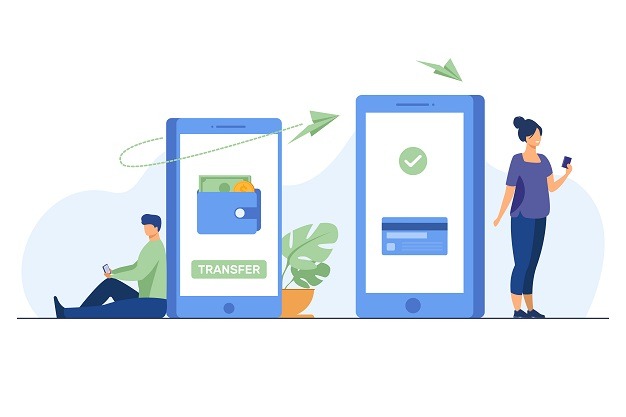Key Differences between Payment Gateways and Payment Aggregators
by Sahil Verma SIFIPAYPayment Gateways and Payment Aggregators are not the same things.
An online payment gateway is a software that enables online transactions, whereas a payment aggregator is a collection of all these payment gateways. It is critical to understand the differences and similarities between the two.
What is a Payment Gateway?
A Payment Gateway is an application that allows for online transactions. It is a payment mechanism that allows cards, net banking, and e-wallet payments to be made. Payment gateways allow you to accept online payments.

What is a Payment Aggregator?
Payment Aggregator combines all of these payment gateways. Payment aggregators are service providers who process payments for e-commerce merchants. They enable merchants to accept bank transfers without the need for a bank-affiliated merchant account.
In contrast to the traditional model, which distributes a merchant account to each merchant, payment gateway aggregators use a single merchant account to represent a number of merchants.
Examples of Payment Gateway and Payment Aggregator
Payment aggregators can provide payment gateways, but payment gateways cannot provide payment aggregators.
Billdesk, CCAvenue, and PayUMoney are a few examples of payment gateway aggregators. For a fee, these companies provide online payment gateway services to various merchants. These best payment gateway service providers collect money from customers on behalf of the merchant and deposit it into the merchant's account after a set period of time, usually three days, depending on the payment aggregator's policies.
Banks are the most common payment gateways in India. Public and private banks such as HDFC, AXIS, ICICI, and others are among them.
Difference between Payment Gateways & Payment Aggregators
Payment gateways and payment aggregators are both included. A payment aggregator does not need to be a payment gateway, but a payment gateway will require an aggregator.
Options: Online Payment Gateways India allow merchants to deal in a specific payment option placed on the portal, whereas Payment Aggregators offer a variety of payment options, including bank transfers, credit/debit cards, e-wallet transactions, and, most recently, UPI.
Small Businesses: Payment gateways use payment aggregators to cater to small businesses. This is because small businesses generally find the transaction fees charged by payment gateways to be prohibitively expensive and complicated.
Intermediary & Interface: Payment Gateways act as an intermediary between merchants and customers who wish to pay for goods or services purchased from the site. A payment aggregator serves as an interface for said intermediaries to accept payments and make settlements.
Ownership: Payment aggregators (financial service providers) in India own payment gateways, which act as a processing unit for implementing online payments. Payment gateways are used by merchants and vendors who are unable to accept payments directly.
License: Payment gateways must obtain RBI approval before they can begin operations. A payment aggregator, on the other hand, must obtain a payment aggregator license as well as the necessary Payment Card Industry (Data Security Standard/ PCI DSS) certification.
How payment gateways and payment aggregators help small businesses
After integrating with payment aggregators, payment gateways can quickly gain access to small businesses.
Payment aggregators are inexpensive for small-scale transactions.
The payment aggregator model typically offers a platform for online transaction processing with low or no startup fees and fixed costs.
How payment gateways and payment aggregators work together
It is a common misconception that payment gateways alone are sufficient for payment processing. This would work in a physical store (for example, a POS machine), but not online. An online payment gateway is merely the transaction's technological side. It primarily handles the data in payment messages.
Payment gateways use a bank to issue merchant accounts behind the scenes. When there are a large number of merchants applying for merchant accounts and willing to process payments, the authorizing banks will have to organize both the underwriting and fund transfer processes for multiple merchants, which could become cumbersome.
Payment aggregators stepped in to help. Payment aggregators go through the acquiring bank's underwriting process and process payments for a large number of smaller sub-merchants.
In the payment aggregator vs. payment gateway debate, you cannot pick one over the other. While one is required, the other is a payment processing option.
Don't be concerned if you can't decide which payment gateway aggregator to use. SifiPay has been in the game long enough to seamlessly process your payments, as well as assist you in setting up payment links, online stores, and tracking all of your transactions in one place.
Sponsor Ads
Created on Feb 24th 2022 05:58. Viewed 277 times.



